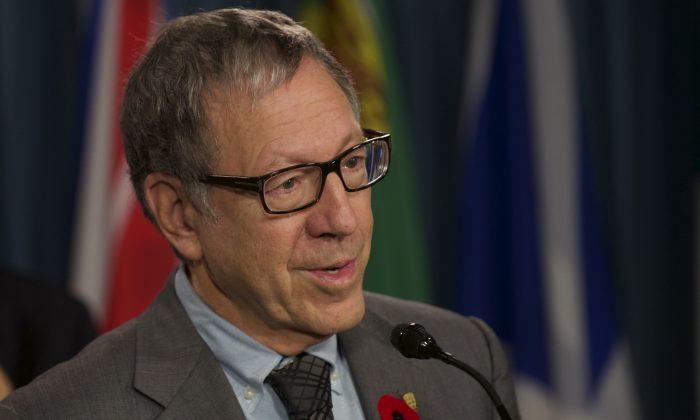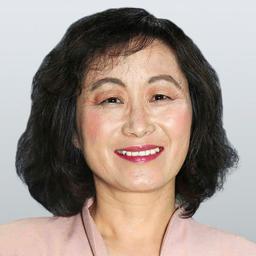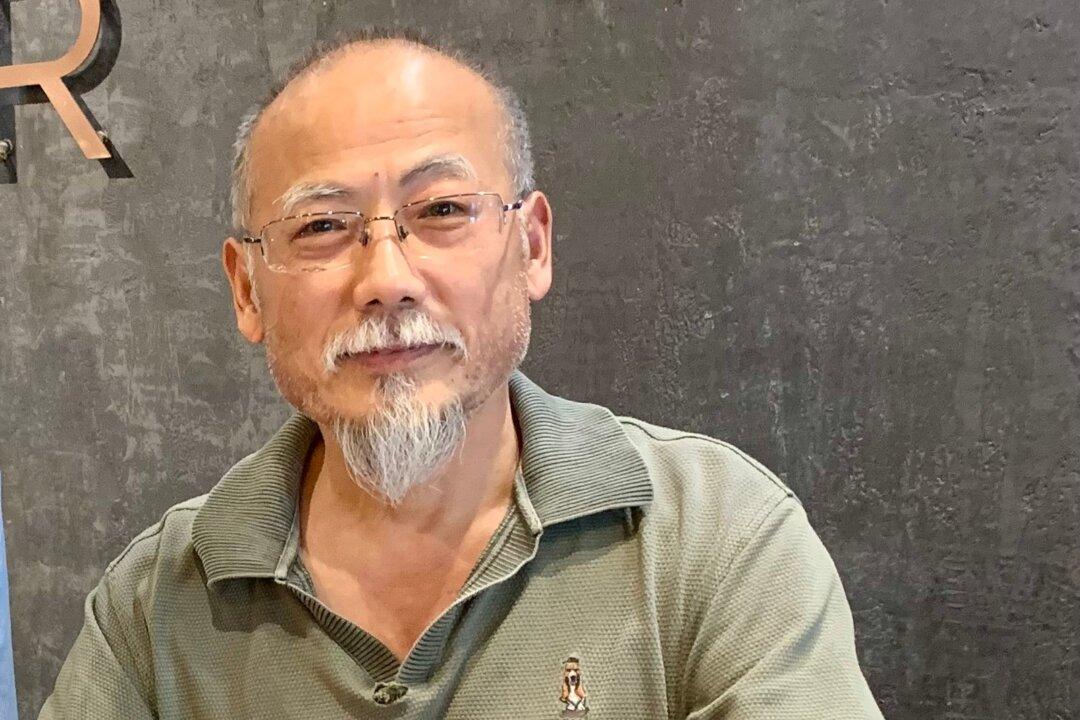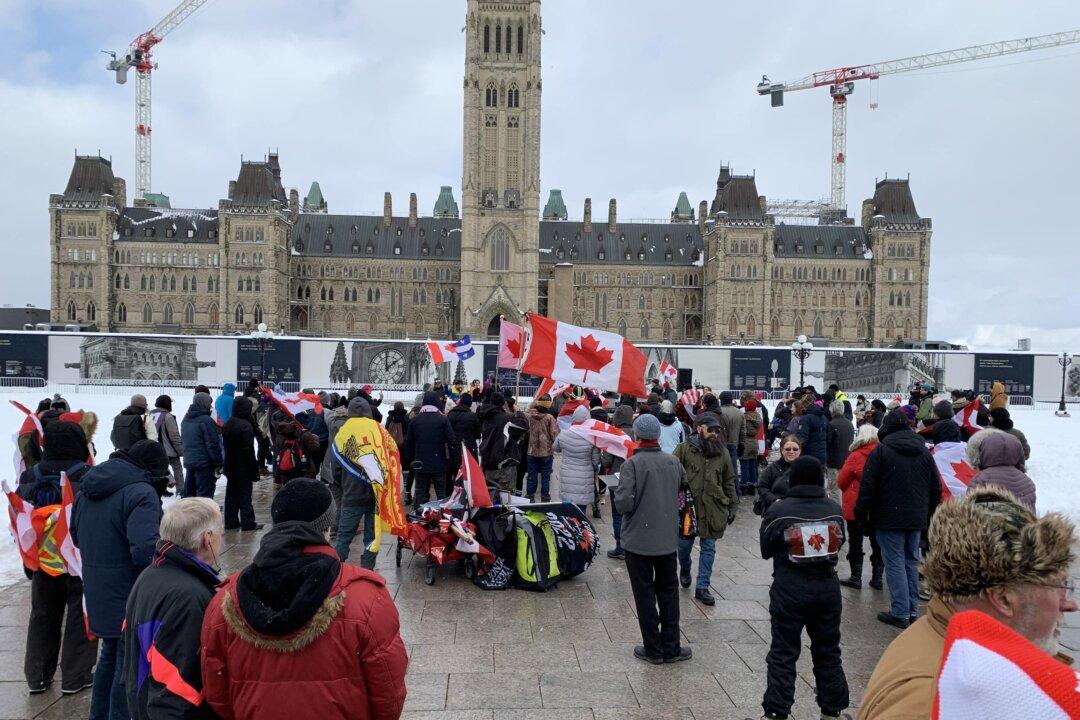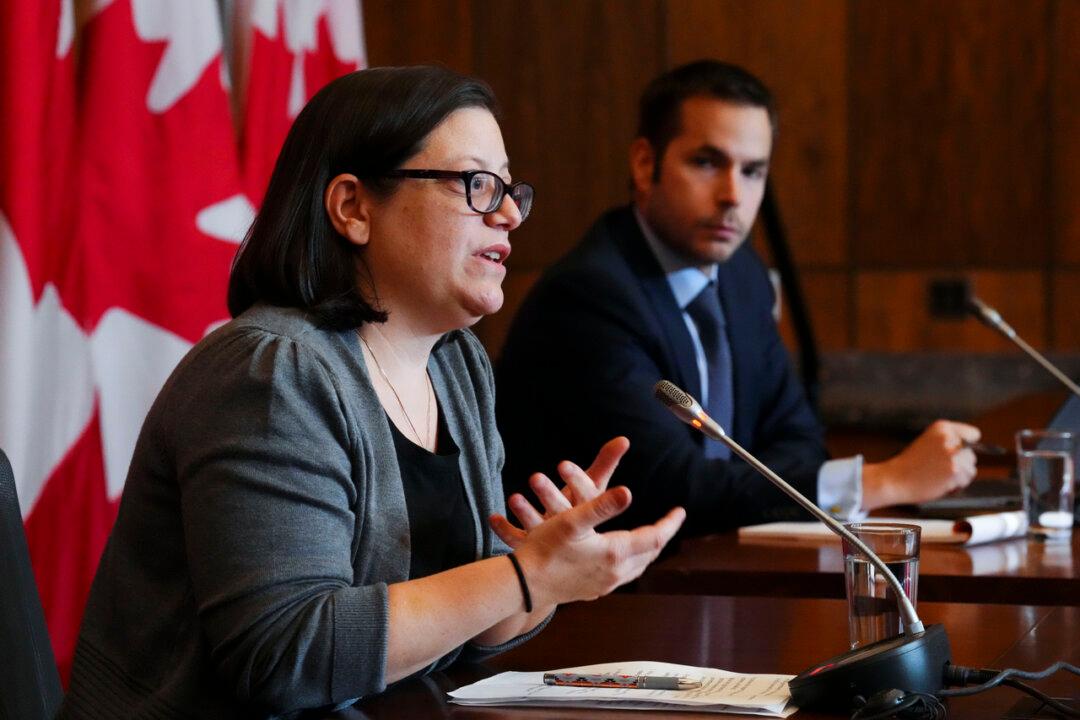An alliance of international legal experts is calling for the protection of journalists at risk by the creation of a global charter of rights and strengthened consular support, in response to challenges faced by journalists in an increasingly dangerous world.
Authored by Irwin Cotler, former justice minister of Canada and an international human rights lawyer, the report was released by the High Level Panel of Legal Experts on Media Freedom during a panel discussion at the Global Conference on Media Freedom held online on Nov. 16.
